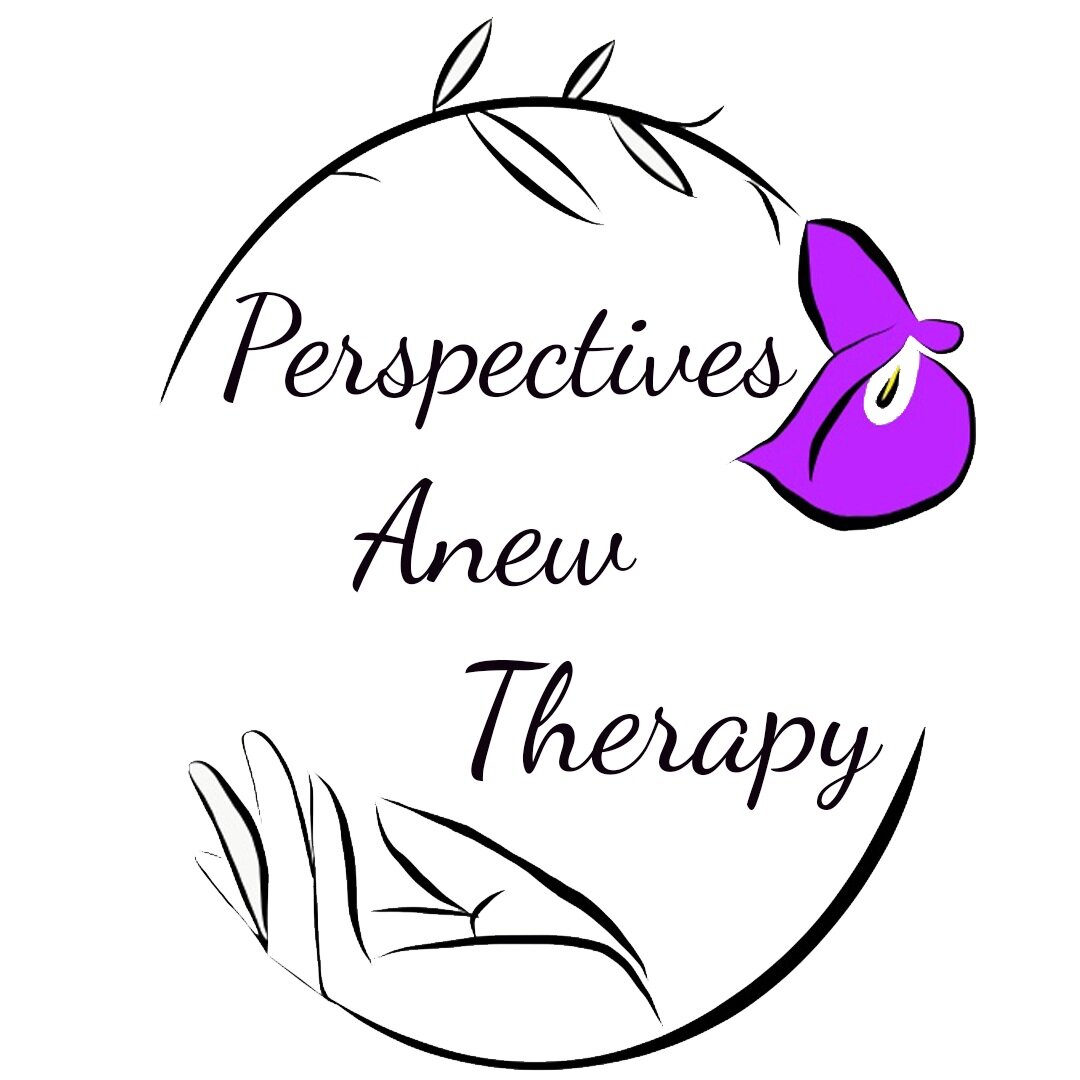Unresolved Grief
Unresolved grief, also referred to as complex grief, is very different from normal grief. Unresolved grief lasts much longer than normal grief, it’s more severe, worsens over time, and impacts an individual’s ability to function in their day-to-day life. This form of grief tends to impact those with low self-esteem, those who feel guilty about the loss, and those who struggle with their feelings towards the deceased. In addition, unresolved grief greatly affects those who received news about an unexpected, violent, or not readily recognized loss such as a miscarriage. Risk factors of unresolved grief include but are not limited to high stress, lack of social support, trauma, and being the caregiver for the deceased individual.
Many individuals living with unresolved grief tend to avoid or refuse to acknowledge the loss of the person, however this delays the healing process and leads to complex grief. Symptoms of unresolved grief include sadness not improving over time, memories becoming painful, relationship fears, emptiness, fatigue, digestive issues, avoidance, unwillingness to talk about the loss, and anxiety. Additional symptoms include obsessing over the person they lost, isolation, extreme anger, self-destructive behaviors, criminal behavior, panic attacks, and suicidal thoughts.
If you or a loved one is living with unresolved grief, Perspectives Anew Therapy offers grief therapy to help those hurting finally heal. Grief therapy focuses on understanding reactions to grief as well as symptoms, utilizing cognitive behavioral techniques, role playing imagined conversations, and exploring happy memories. Additionally, grief therapy helps people adjust to the loss by improving coping skills, learning how to safely process and express emotional reactions, and re-establish relationships valued by the individual.
Source: Eddins Counseling Group
